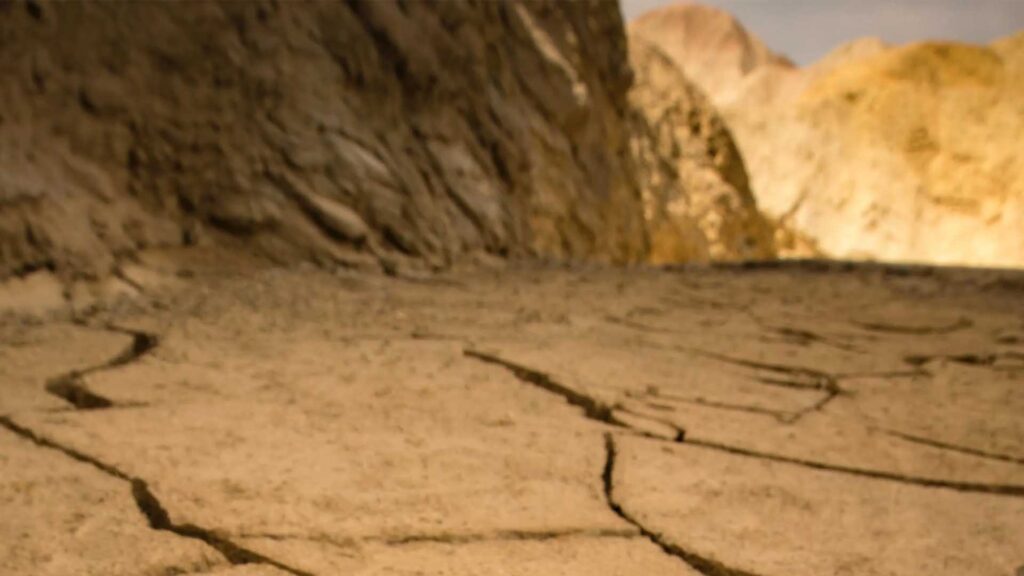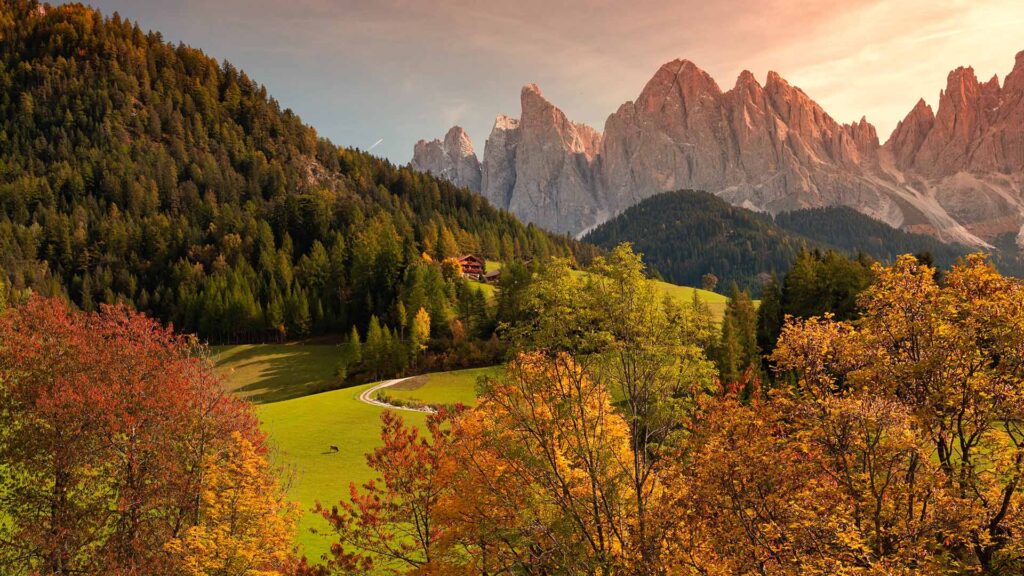
Desecration of the Sabbath
Babylon’s destruction of Jerusalem and its temple effectively destroyed what had remained of the Israelite nation after the Assyrian destruction of the ten northern tribes decades before. For seventy years the Jews remained captives in Babylon, until a decree from Cyrus in BC 538 allowed them to return to the ruins of Jerusalem.
The prophet Jeremiah had declared shortly before Jerusalem’s fall that a continued disregard for the Sabbath would result in disaster. He said, “Thus saith the Lord; Take heed to yourselves, and bear no burden on the sabbath day, nor bring it in by the gates of Jerusalem; Neither carry forth a burden out of your houses on the sabbath day, neither do ye any work, but hallow ye the sabbath day, as I commanded your fathers. …But if you will not hearken unto me to hallow the sabbath day, and not to bear a burden, even entering in at the gates of Jerusalem on the sabbath day; then will I kindle a fire in the gates thereof, and it shall devour the palaces of Jerusalem, and it shall not be quenched” (Jeremiah 17:21, 22, 27).
Many years after Jerusalem’s fall, the scribe Ezra recalled Jeremiah’s prophecy and indicated that the desecration of the Sabbath was a primary cause of the city’s destruction. He wrote, “And them that had escaped from the sword carried he away to Babylon; where they were servants to him and his sons until the reign of the kingdom of Persia: To fulfill the word of the Lord by the mouth of Jeremiah, until the land had enjoyed her sabbaths: for as long as she lay desolate she kept sabbath, to fulfill threescore and ten years” (2 Chronicles 36:21).





